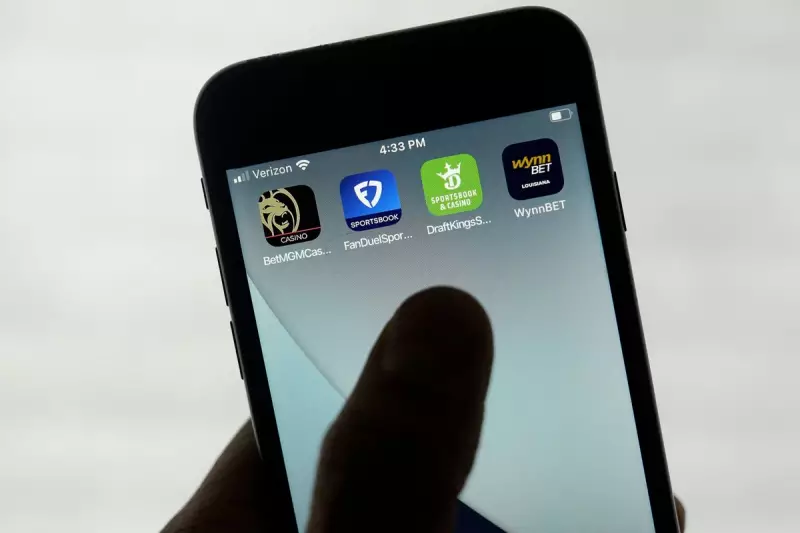
A highly anticipated vote on a proposed bill to expand online sports betting in Wisconsin has been unexpectedly postponed, delaying a potential overhaul of the state's gambling laws until at least 2026.
Unexpected Delay for Proposed Legislation
The Wisconsin Assembly was scheduled to vote on the legislation that would have significantly broadened the state's current betting framework. However, Majority Leader Tyler August confirmed that "the proposal was pulled from the agenda." No official reason was provided for the sudden postponement, leaving the future timing of the bill uncertain.
Currently, Wisconsin stands apart from many US states by not permitting widespread online sportsbooks. The existing law confines sports betting to in-person wagering at tribal casinos. The proposed bill aimed to modernise this system by allowing online betting through mobile applications, provided they are connected to computer servers located on tribal land.
Bipartisan Support Meets Opposition
Prior to the delay, the bill had garnered considerable momentum. It received bipartisan support and moved swiftly through an Assembly committee, achieving a unanimous 10–0 vote. Despite this early success, the legislation would still have needed approval from the full Assembly, the Wisconsin Senate, and the governor to become law.
Opposition to the expansion was voiced by Republican representative Adam Neylon from Pewaukee. He expressed profound concerns about gambling addiction, stating, "We don't put it on people's phones and make it super easy to do." He argued that the current regulated system, which requires a visit to a casino, provides a sufficient and safer framework for sports betting.
The Case for Modernisation and Revenue
In contrast, Milwaukee Democrat Kalan Haywood, who helped draft the bill, emphasised the dual benefits of consumer protection and revenue generation. "Wisconsinites who participate in sports wagering will have consumer protections. That's one that's huge for us," Haywood explained.
He also highlighted the potential financial upside, noting the revenue would support "essential services like roads, like healthcare, like public safety." Haywood stressed that the priority was to resolve the legal 'grey area' surrounding online betting, protect consumers, and support the state's tribes. According to reports from TMJ4, the bill is expected to return for a floor vote next year.




